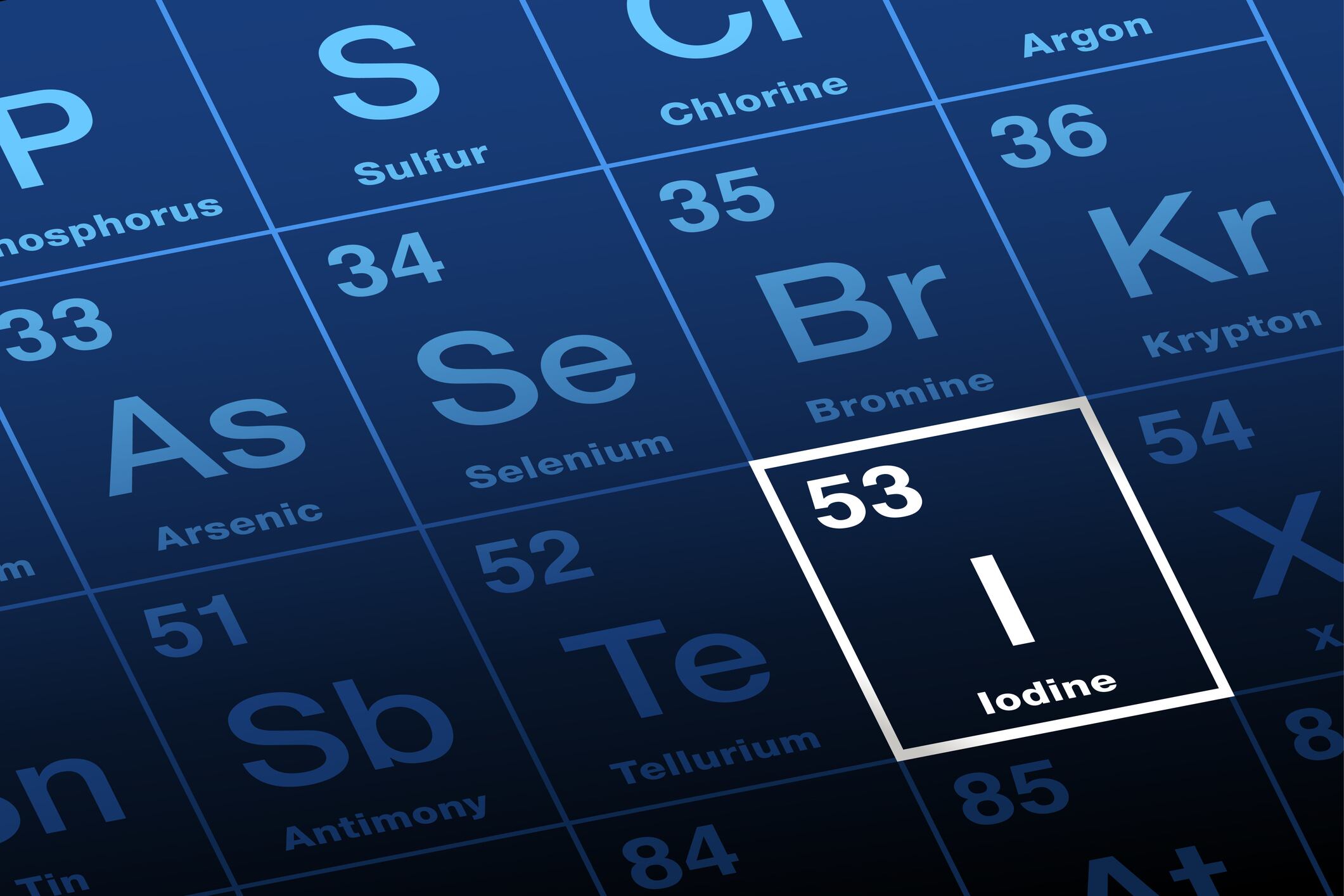The study, published in the European Journal of Nutrition, was reportedly the first large-scale investigation of maternal iodine status in Ireland, highlighting sub-optimal status and a need to evaluate the consequent health effects.
“The iodine status of Irish pregnant women is of public health concern, considering the low status we observed in the current study, the absence of published recommendations for iodine supplementation, no mandatory fortification programme, limited availability of iodised salt and low public awareness of the importance of iodine in pregnancy,” wrote researchers from University College Cork.
Adequate maternal iodine is crucial for healthy fetal brain development, and during pregnancy, requirements can increase by around 50% to maintain a sufficient supply of iodine to the fetus. While the outcomes of severe iodine deficiency are well established, the impact of mild-to-moderate deficiency is less well described.
The Cork-based researchers found that predictors of lower iodine levels included time of the year, BMI and education, with supplement users showing higher levels but still not reaching a median adequacy.
The problem of iodine deficiency
The WHO and the Iodine Global Network’s 2024 report on the prevention and control of iodine deficiency in the WHO European region highlighted a concerning deficiency among pregnant women.
This may be due to living in countries with voluntary or no salt iodization and trends towards plant-based milk alternatives that may not be fortified with iodine.
The report noted that 70% to 80% of salt intake in Western countries is consumed through foods such as bread, processed foods and ready meals, but data suggest that just 9% of salt in processed foods in Germany is iodized and 34% in Switzerland.
Poor knowledge is also an issue, with little understanding of the consequences of iodine deficiency among the public, according to the report.
The current study noted that the effects of mild-to-moderate iodine deficiency are unclear but that recent studies have suggested a link between maternal deficiency and adverse cognitive outcomes in infants, such as “lower working memory, reading accuracy and comprehension, cognitive scores, impaired receptive and expressive language skills in toddlers.”
The researchers found that 67% of participants took an iodine-containing supplement and had 26 µg/L higher levels of iodine than non-supplement users.
“This indicates the potential for a supplementation policy to improve iodine status in women and yet highlights that supplements alone may not achieve enough impact to ensure iodine adequacy in this vulnerable group,” the researchers wrote, noting that Australia has a dual approach of mandatory food fortification and supplementation recommendation for pregnancy and breastfeeding.
Importantly, they also highlighted evidence suggesting that supplementation during pregnancy may not be sufficient to correct peri-conceptual deficiencies during the critical neurodevelopment period.
Study details
The study participants were pregnant women receiving antenatal care at Cork University Maternity Hospital, Ireland, who took part in the Improved Pregnancy Outcomes by Early Detection (IMPROvED) study.
After exclusion criteria, the number analyzed for urinary iodine concentration (UIC) was 373 at 11 weeks of gestation and 1,350 at 15 weeks, with 353 participants analyzed at both timepoints. The researchers corrected the UIC for creatine and expressed it as an I:Cr ratio.
The results showed that median UIC at 11 and 15 weeks of gestation were 128 (76, 201) and 125 (74, 208) µg/L, respectively, “indicating mild-to-moderate iodine deficiency during pregnancy at both timepoints,” the researchers wrote.
Predictors of UIC status being below I:Cr < 150 µg/g were iodine-containing supplement use, winter season, BMI, age and education.
The researchers noted that higher iodine status in the winter months is likely due to higher levels in cow’s milk that has been fortified, compared to the summer months when the cows are pasture fed.
They called for randomized controlled trials examining the effects of supplementation during pregnancy to determine the consequences of mild-to-moderate deficiencies.
Source: European Journal of Nutrition, 2025, 64, 173. doi: 10.1007/s00394-025-03692-z. “Mild-to-moderate iodine deficiency among pregnant women in Ireland: data from a large prospective pregnancy cohort”. Authors: L. Kelliher et al.

